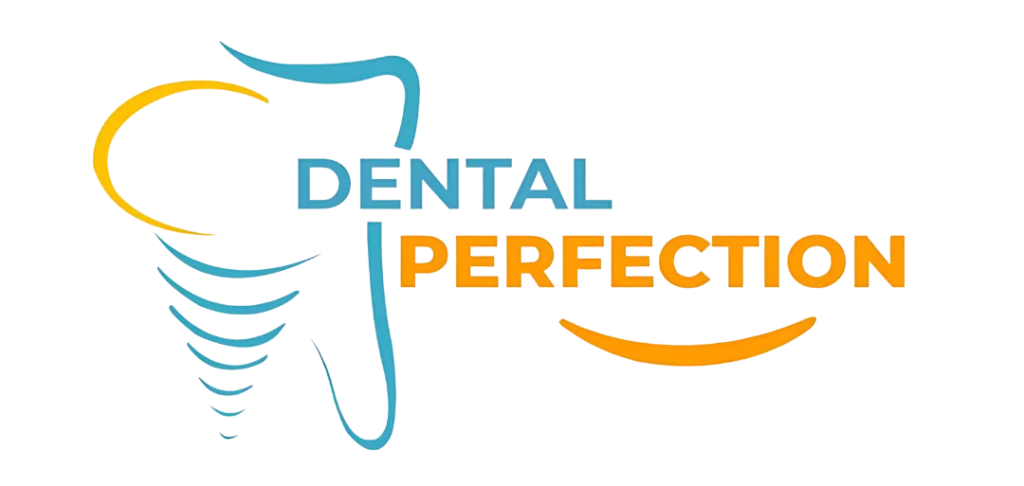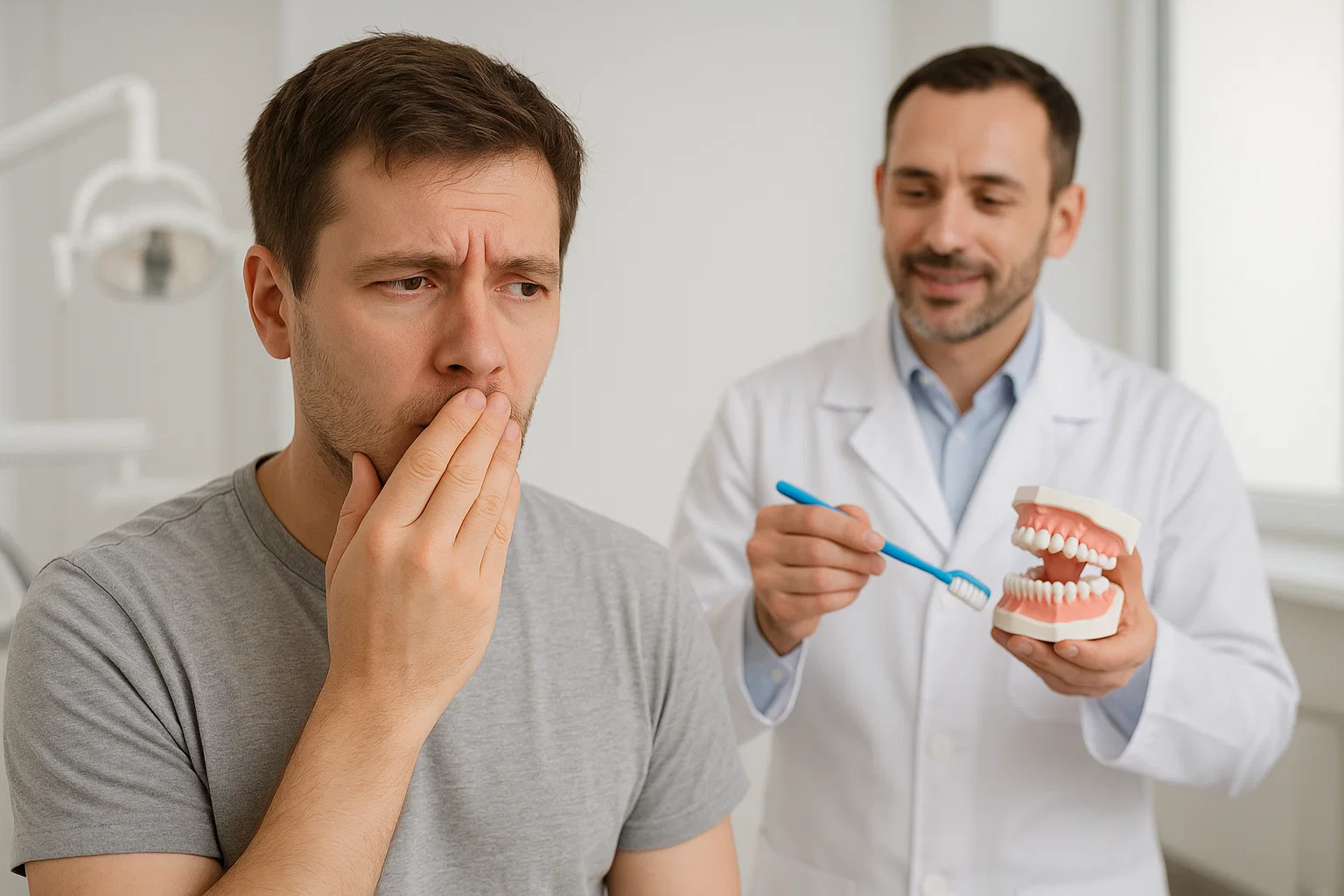We’ve all had moments where we’ve become self-conscious about our breath—during meetings, on dates, or even just chatting with friends. But when unpleasant breath becomes persistent, it could signal an underlying problem. Bad breath, also known as halitosis, affects millions of people and can be both embarrassing and frustrating.
At Dental Perfection, we believe that knowing the reasons for bad breath and taking prompt action can restore your confidence and oral health. In this article, we’ll uncover the causes, explore how to get rid of bad breath, and highlight the best bad breath treatment options available today.
What Causes Bad Breath?
Understanding the reasons for bad breath is the first step toward treating it effectively. Here are the most common culprits:1. Poor Oral Hygiene
Not brushing and flossing daily allows food particles to remain in your mouth, promoting bacterial growth and plaque buildup. These bacteria release sulfur compounds, a major cause of bad breath.2. Dry Mouth (Xerostomia)
Saliva helps cleanse your mouth. When saliva production decreases due to medications, dehydration, or sleeping with your mouth open bad breath becomes more likely.3. Food and Beverages
Certain foods like garlic, onions, and coffee contain strong-smelling compounds that linger in the mouth and bloodstream, contributing to bad breath.4. Tobacco Use
Smoking and chewing tobacco dry out the mouth and contribute to lingering odors. They also increase the risk of gum disease, which is another one of the reasons for bad breath.5. Gum Disease or Dental Infections
Persistent bad breath can be a warning sign of periodontal disease or untreated dental infections that require professional care.6. Underlying Health Issues
Sometimes bad breath is linked to sinus infections, acid reflux, diabetes, or liver and kidney disorders. Identifying the root cause is essential for proper bad breath treatment.How to Get Rid of Bad Breath: Daily Practices That Work
If you’re wondering how to get rid of bad breath, start with simple lifestyle changes and consistent oral care:1. Brush and Floss Regularly
Brush your teeth twice a day for at least two minutes and floss once a day to remove trapped food and bacteria.2. Clean Your Tongue
Your tongue can harbor bacteria, especially at the back. Use a tongue scraper or the back of your toothbrush to clean it daily.3. Stay Hydrated
Drinking water throughout the day helps wash away food particles and keeps your mouth moist.4. Chew Sugar-Free Gum
Chewing gum stimulates saliva production, which helps neutralize acids and eliminate bacteria.5. Avoid Strong-Smelling Foods Before Social Events
If you’re concerned about bad breath, skip foods like garlic and onions when heading out. These tips are a solid foundation for anyone searching for how to get rid of bad breath naturally and effectively.Bad Breath Treatment Options at Dental Perfection
When at-home solutions aren’t enough, professional care makes all the difference. Here are some of the most effective bad breath treatment options we offer:1. Professional Cleaning
A thorough cleaning removes plaque, tartar, and bacteria from hard-to-reach areas, which often contribute to bad breath.2. Treatment for Gum Disease
If gum disease is the root cause, we provide targeted bad breath treatment through scaling, root planing, and ongoing maintenance.3. Diagnosis of Underlying Health Conditions
We assess your oral and medical history to rule out any systemic issues that might be contributing to persistent bad breath.4. Customized Oral Hygiene Plans
We guide you with tailored daily care routines, product recommendations, and follow-up schedules for long-term results. Our approach to bad breath treatment is personalized, comprehensive, and always designed with your comfort in mind.When to See a Dentist
If you experience chronic bad breath despite maintaining good oral hygiene, it’s time to schedule an evaluation. You should also see a dentist if you notice:- Bleeding gums
- Persistent dry mouth
- Loose teeth
- An unusual or metallic taste in your mouth Early intervention can help avoid more serious oral or systemic issues.


